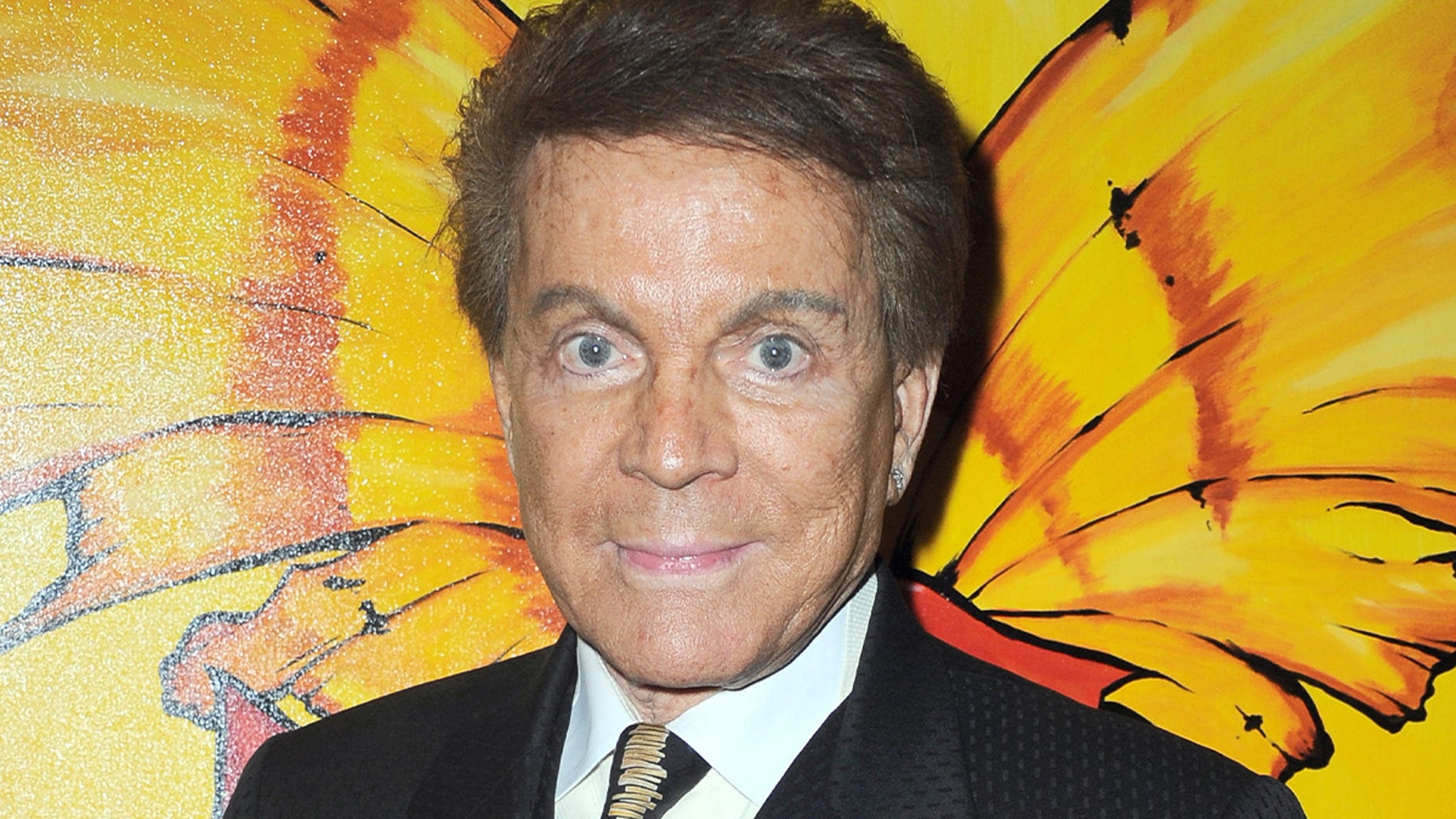Fashion
Ron Travisano, Adman Behind Singing Cats and Joe Isuzu, Dies at 86

In the early 1970s, the madcap advertising executives Ron Travisano and Jerry Della Femina were struggling to find a gimmick to sell an undistinguished brand of pet food.
Watching interminable and unremarkable footage of cats eating, Mr. Travisano and an editor, Joe Lione, spotted one that kept opening and closing its mouth in a manner that appeared to simulate singing.
In fact, the cat was choking on its food. But in an eye-of-the-beholder eureka moment, the admen were inspired to create the classic singing-cat commercial that put Meow Mix on the map.
The endearing “Meow, meow, meow, meow” commercial for Ralston Purina — accompanied by the tagline “The cat food that cats ask for by name,” written by Mr. Travisano’s collaborators Neil Drossman and Bob Kuperman, who also came up with the name Meow Mix — won a Clio and other industry awards.
Nearly two decades after the ad debuted, The Times described it as having “one of the best known, most readily sung commercial jingles.” (The insistent meowing, mouthed by the singer Linda November, was presumably less endearing when played repeatedly to torture terrorism suspects at the U.S. prison compound at Guantánamo Bay.)
Mr. Travisano served as the vice chairman, president and creative director of Della Femina, Travisano & Partners until 1985, when he left to start his own company, with his cousin Frank DiGiacomo, to focus on directing commercials. He retired from the advertising business in 2001.
Mr. Travisano died on Jan. 21 at a hospital in Livingston, N.J. He was 86. The cause was complications of a stroke, said his son Vincent. A longtime resident of Glen Ridge, N.J., Mr. Travisano was living in Cedar Grove, N.J., at his death.
When he and Mr. Della Femina began their collaboration in 1967, it was the dawn of a creative revolution on Madison Avenue. Mr. Travisano was 29; Mr. Della Femina, 30. They were surrounded by other young copywriters and art directors who were unafraid to fail or have fun. Mr. Della Femina wrote that working in advertising was becoming “the most fun you can have with your clothes on.”
Another series of Advertising Hall of Fame commercials that Mr. Travisano and Mr. Della Femina created were the self-parodying ads for American Isuzu Motors broadcast in the 1980s.
With subtitles like “Sounds like a lie” and “He’s lying,” the ads featured a fictional pitchman called Joe Isuzu who made outlandish claims about his cars — that they cost just $9, for example, or that his Isuzu could outrace a bullet (one that he caught in his teeth).
Those commercials became so recognizable that in a 1988 presidential debate Michael Dukakis could call George H.W. Bush “the Joe Isuzu of American politics” with no further explanation required.
“I refuse to do ‘bite and smile’ commercials,” Mr. Travisano told The New York Times in 1989. “‘I just ate this roll — ooh! aah!’ That’s not real. Even the Joe Isuzu ads — they’re cartoons, but the lighting, the touches, the reactions are real.”
He worked on a number of other notable accounts as well, including Rolls-Royce, Blue Nun wine (promoted in ads featuring Jerry Stiller and Anne Meara), WABC-TV, the New York Mets and Geritol.
Over the years, Mr. Travisano’s imaginative work won Gold and Silver Lions at the Cannes Lions International Festival of Creativity and 15 of the industry’s Clio Awards for his agency.
“I’m an artist, a photographer and a frustrated actor,” he told The Times in 1985, when he left the agency. “When I see all those lights and the cables on the floor I get excited.”
As his cousin and new business partner, Mr. DiGiacomo, put it, the burly Mr. Travisano was “a man of extremes,” who at one point or another became infatuated with a swami and a hypnotist, and then found Jesus “in a match made in heaven.”
Ronald Donato Travisano was born on May 3, 1938, in Newark, to Ben Travisano, a hairdresser who owned a beauty parlor, and Phyllis (DiGiacomo) Travisano, who ran a real estate agency.
He grew up in Kearny, N.J., where he met his future wife, Frances Bongiovanni, whom he married in 1961. She died in 2011.
In addition to his son Vincent, he is survived by his sons Ronald and Philip; his daughter, Laura Hurley; six grandchildren; and four great-grandchildren.
After attending Carteret Prep School, in West Orange, N.J., he graduated in 1960 from the Pratt Institute in Brooklyn with a bachelor’s degree in advertising design. (Later, he returned to teach at Pratt and also taught at the School of Visual Arts in Manhattan.)
He worked his way up from the mail room at Young & Rubicam, was hired as an art director at McCann-Marschalk and then became a supervisor at two other agencies, Delehanty Kurnit & Geller and Ted Bates.
When Mr. Travisano and Mr. Della Femina became partners, their first account was for Squire, a company that made hairpieces. Their pitch was headlined: “Are you still combing your memories?”
“There were things that I might say to Ron and he’ll say, ‘Are you crazy? You can’t say that,’” Mr. Della Femina recalled in his 1970 memoir, “From Those Wonderful Folks Who Brought You Pearl Harbor.” (The title was a slogan he facetiously suggested for Panasonic.) “He’ll then say, ‘But what if we did this?’ And he’ll come up with something that’s completely outlandish,” but sparks some viable alternative.
Mr. Travisano raised $80,000 to finance the new agency, but it opened inauspiciously, with four partners who were making less, collectively, than their $125-a-week receptionist, Mr. Della Femina recalled in his eulogy for Mr. Travisano. Mr. Della Femina suggested that they take their last few thousand dollars and throw an extravagant Christmas party at L’Etoile to create the illusion of success.
“At one point, I reached over to take an hors d’oeuvre a waiter was carrying on a huge tray,” Mr. Della Femina said. “Ron came over and whispered into my ear: ‘Don’t eat that. We may need it for lunch tomorrow.’”
The party succeeded in impressing potential clients, and the agency prospered. By the time Mr. Travisano sold his shares in 1985, it had some 300 employees and more than $350 million in annual billings.
On the subject of eating, Mr. Della Femina had one more point to make. In a recent interview, he added a coda to the story of Mr. Travisano’s epiphany about the footage that inspired the Meow Mix commercial.
The cat that was choking, he noted, survived.





























